TEHRAN (Bazaar) –Nader Entessar, Professor Emeritus of Political Science from university of South Alabama says that it is surprising that the UN Secretary General has decided to invoke this provision of the long-dormant Resolution 598, especially in light of some of the other provisions of this resolution that have never been implemented.
“The Secretary General's initiative in highlighting the importance of the regional security dialogue should be viewed positively,” Entessar told Bazaar News Agency.
Following is the full text of the Bazaar interview with Professor Entessar:
Q: It is planned to hold a meeting this September at the initiative of the Secretary General of the United Nations with the participation of the foreign ministers of eight countries of Iran and Iraq and GCC members. The Secretary General's initiative for regional dialogue is included in UN Security Council Resolution 598, which led to the end of the Iran-Iraq war. What is your assessment of this meeting?
A: I am surprised that the UN Secretary General has decided to invoke this provision of the long-dormant Resolution 598, especially in light of some of the other provisions of this resolution that have never been implemented. That said, I believe the Secretary General's initiative in highlighting the importance of the regional security dialogue should be viewed positively.
Q: After the improvement of the relationship between Iran and Saudi Arabia, improvement in the relations between Iran and other Arab countries can be seen. To what extent can creating a mechanism for regional dialogue be successful in such an atmosphere?
A: At the present time, there is no mechanism for enhancing a meaningful security dialogue among all the Persian Gulf states. If such a mechanism can be developed, it will be a very appropriate and long-overdue development toward creating the necessary framework for implementing a workable as well as durable security in the region.
Q: Following the reduction of America's presence in the region, diplomacy in the region regarding important security issues for the countries of the region has increased. Do you evaluate this process as tactical or strategic?
A: Although we have had ebbs and flows in the pattern of America's presence in the region, I don't see any indications of Washington's disengagement with its Arab allies in the region; nor do I see any major shift in Washington's long-term policy in the region. Nonetheless, America's regional allies have recalibrated their policies to account for vacillations in Washington's priorities. It is too early to determine if these changes are merely tactical or strategic. However, given many of the regional state's long-standing reliance on America's security umbrella, it will be very difficult for these states to make a strategic shift away from Washington in the near future.
Q: China's participation in the region - although it does not have a wide military and security aspect at the moment - what effect will it have on regional trends?
A: China's presence in the region is based, first and foremost, on enhancing Beijing's long-term economic interests. Beijing's primary goals in the region cannot be achieved via a militarized foreign policy similar to what Washington has pursued for many decades. Therefore, China can play an effective role as an honest broker in regional disputes if it can sustain its current approach to the Middle East and beyond.
Q: To what extent can commercial relations and economic interdependency be used for regional dialogues?
A: There is no doubt that enhanced regional economic and commercial interdependence will have a positive impact on political and security dialogue. The spill-over effects of successful economic relations can be felt not only in the security domain but also in broader areas. By the same token, without a burgeoning economic interdependence, an effective framework for a genuine security dialogue cannot be constructed.

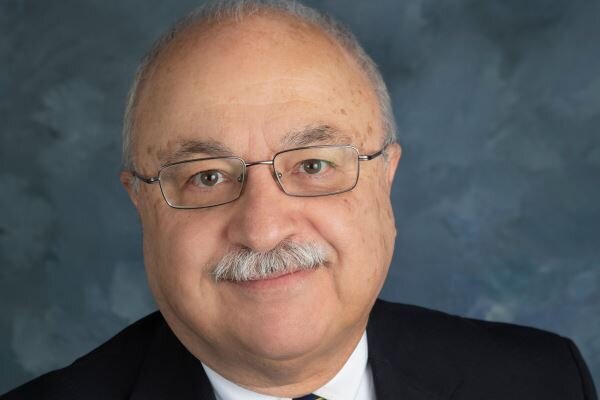




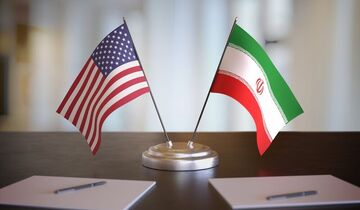
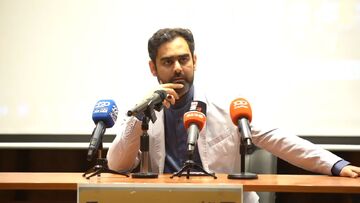

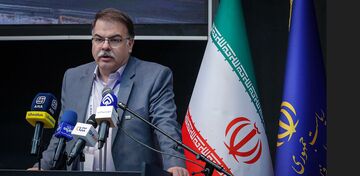
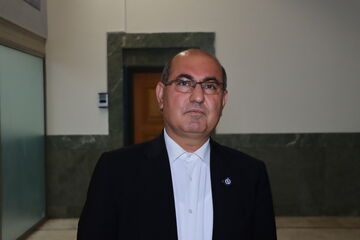
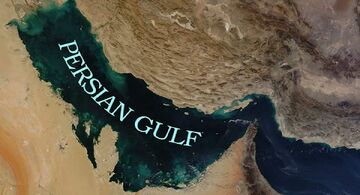
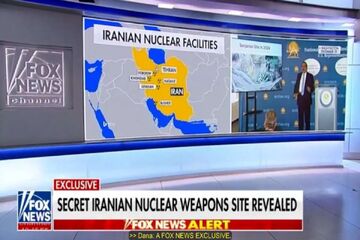

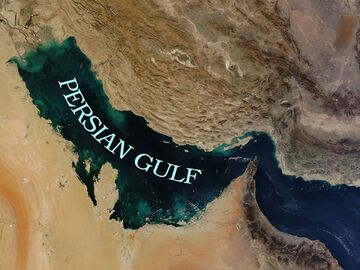
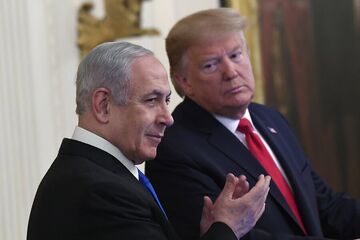
نظر شما